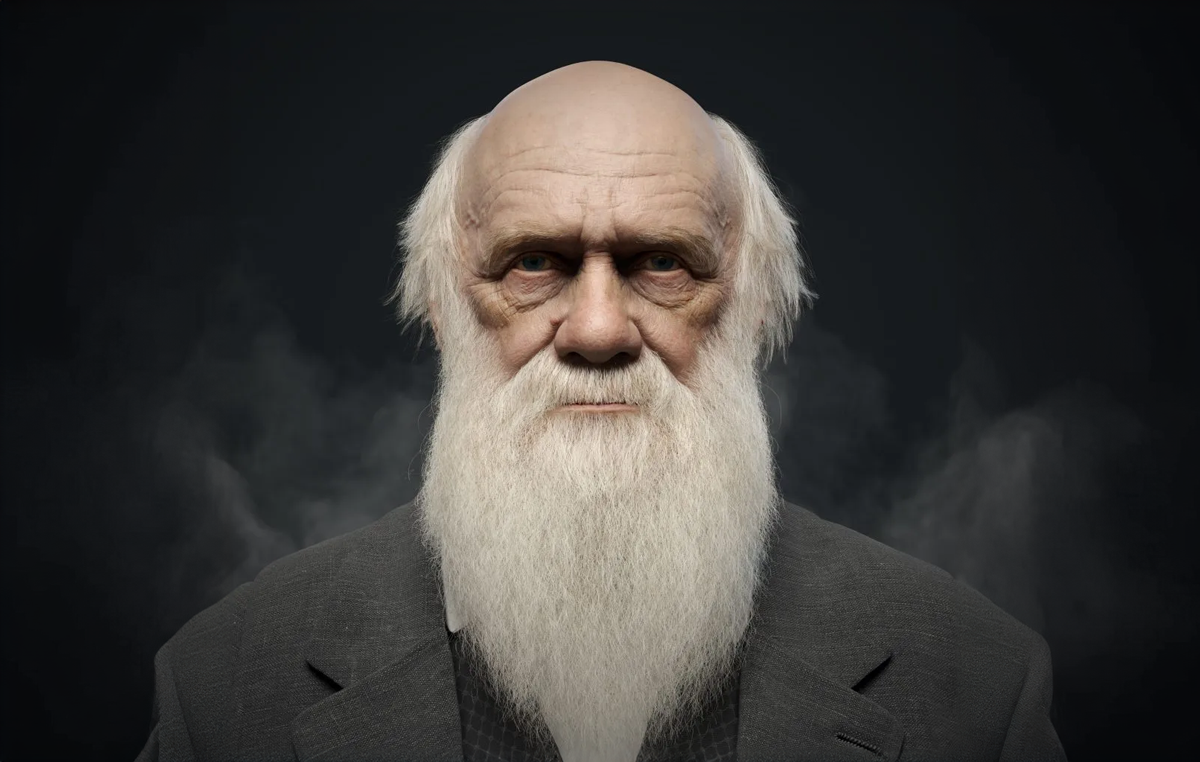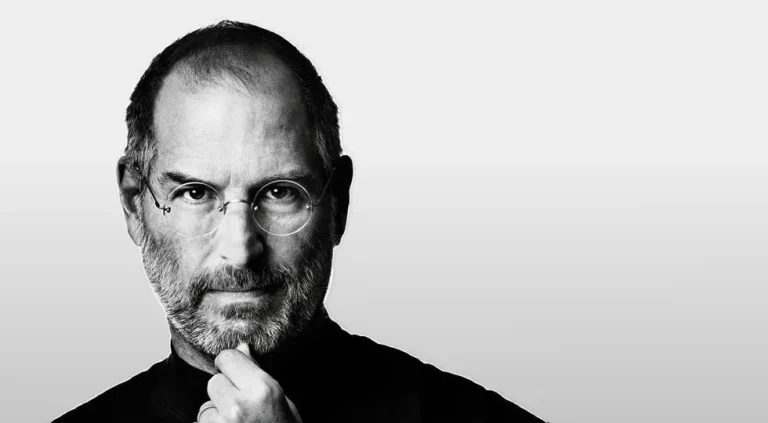
A lot of time, energy, and ink has been spilled over the idea of happiness, the meaning of life, and how ought one live a fulfilling life.
Aristotle has a compelling argument, which can be best illustrated with the following conversation between a philosopher and student.
Why do you drink coffee?
Because I want to feel more alert.
Why do you want to feel more alert?
So that I can pay attention in class.
Why do you want to pay attention in class?
So that I can get good grades.
Why do you want to get good grades?
So that I can graduate top of my class and get a high-paying job.
Why do you want to get a high-paying job?
So that I can buy a big house, drive a nice car, go on vacation, eat good food, and live comfortably.
Why do you want to do all those things?
Because they make me happy.
Why do you want to be happy?
This is usually where people hit a dead end. It’s because happiness, according to Aristotle, is the end result. It’s self-evident. We do things to get other things. But you want to be happy for happiness sake. There’s no level beyond happiness.
But is maximizing happiness really the best way to live life? First, we’ll dive deeper into Aristotle’s position, then we’ll look at some counterarguments from some famous philosophers.
Aristotle on Happiness
Aristotle believed that happiness (eudaimonia) is the highest good and ultimate purpose of human life. In his work Nicomachean Ethics, he argued that happiness is not just a fleeting feeling but a state of living well and fulfilling one’s potential.
Key Ideas from Aristotle on Happiness:
- Happiness as the Ultimate Goal – Every human action aims at some good, but happiness is the highest good because it is sought for its own sake, not as a means to something else.
- Virtue and Happiness – True happiness comes from living a life of virtue (arete). It is not just about pleasure or wealth but about cultivating good character and acting rightly.
- The Role of Reason – Since humans are rational beings, happiness comes from living in accordance with reason and developing intellectual and moral virtues.
- The Golden Mean – Virtue lies in moderation. For example, courage is the balance between recklessness and cowardice.
- A Life of Contemplation – While Aristotle acknowledges that happiness involves friendships, health, and some material goods, he ultimately sees the highest form of happiness in philosophical contemplation.
For Aristotle, happiness is not a momentary emotion but a lifelong pursuit of excellence and virtue. Would you like a deeper dive into any of these ideas?
What is Meant by virtue?
In Aristotle’s philosophy, virtue (areté) refers to a habit or disposition to act in the right way, leading to a flourishing and fulfilling life (eudaimonia). He distinguishes between two types of virtues:
- Moral Virtues – These are character traits developed through habit and practice, such as:
- Courage (moderation between recklessness and cowardice)
- Temperance (self-control and moderation)
- Generosity (giving appropriately, not too much or too little)
- Justice (fairness in dealing with others)
2. Intellectual Virtues – These are cultivated through education and reasoning, including:
- Wisdom (understanding deep truths about life)
- Practical wisdom (phronesis) (the ability to make good decisions in everyday life)
What is Meant by the Golden Mean?
Aristotle believed that virtue is a balance between two extremes (deficiency and excess). For example:
- Too little courage = cowardice
- Too much courage = recklessness
- The virtuous middle = bravery
How Virtue Leads to Happiness?
For Aristotle, being virtuous is not about following rigid rules but developing good habits that lead to wise and ethical decision-making. By practicing virtue, a person aligns their life with reason, fulfilling their highest potential and achieving lasting happiness (eudaimonia).
Challenging the Idea of Happiness as Highest Good
1. Immanuel Kant – Duty Over Happiness
Kant argued that moral duty, not happiness, is the highest good. In his Groundwork for the Metaphysics of Morals, he stated that the moral worth of an action comes from acting out of duty, not from pursuing happiness. He believed that:
- Happiness is subjective and varies between individuals.
- People can pursue happiness in immoral ways.
- The highest good is the good will, meaning acting ethically regardless of personal happiness.
2. The Stoics – Virtue, Not Happiness
Stoic philosophers like Epictetus, Seneca, and Marcus Aurelius believed that happiness is a byproduct of living virtuously but not the ultimate goal.
- They emphasized apatheia (freedom from destructive emotions) and accepting fate.
- Virtue (living according to reason and nature) is the highest good, not happiness.
- Pursuing happiness directly can lead to suffering when life inevitably brings hardship.
3. Friedrich Nietzsche – Will to Power Over Happiness
Nietzsche rejected happiness as the highest goal, arguing that:
- The pursuit of happiness can lead to mediocrity and complacency.
- The highest good is the will to power—overcoming challenges, embracing struggle, and achieving greatness.
- Suffering and hardship are necessary for personal growth and self-actualization.
4. Jean-Paul Sartre – Freedom Over Happiness
As an existentialist, Sartre believed that:
- Radical freedom and the responsibility to define one’s own purpose are more important than happiness.
- Pursuing happiness can sometimes mean avoiding responsibility or authentic choices.
- Life has no inherent meaning, so individuals must create their own values, even if that does not lead to happiness.
5. Buddhism – Transcending Happiness and Suffering
Buddhism challenges the idea that happiness is the highest goal by teaching that:
- Both happiness and suffering are impermanent and arise from attachment.
- The ultimate goal is nirvana, which is a state beyond pleasure and pain.
- True fulfillment comes from transcending the cycle of desire, suffering, and temporary happiness.
Conclusion
While Aristotle saw happiness (eudaimonia) as the highest good, many thinkers have argued that duty, virtue, power, freedom, or enlightenment are more important. What do you think—should happiness be the ultimate goal, or is there something greater?

Continue Reading: Adapt or Die: Your Company is Either Growing or Dying
- Related post: The T-Shirt Theory of Branding
- Related post: The Power of Branding: John’s Family Premium Organic Garlic
- Related post: Why You Don’t Want to Run a Business that Relies Solely on Ads


Continue reading: What’s the ROI of a Billboard








